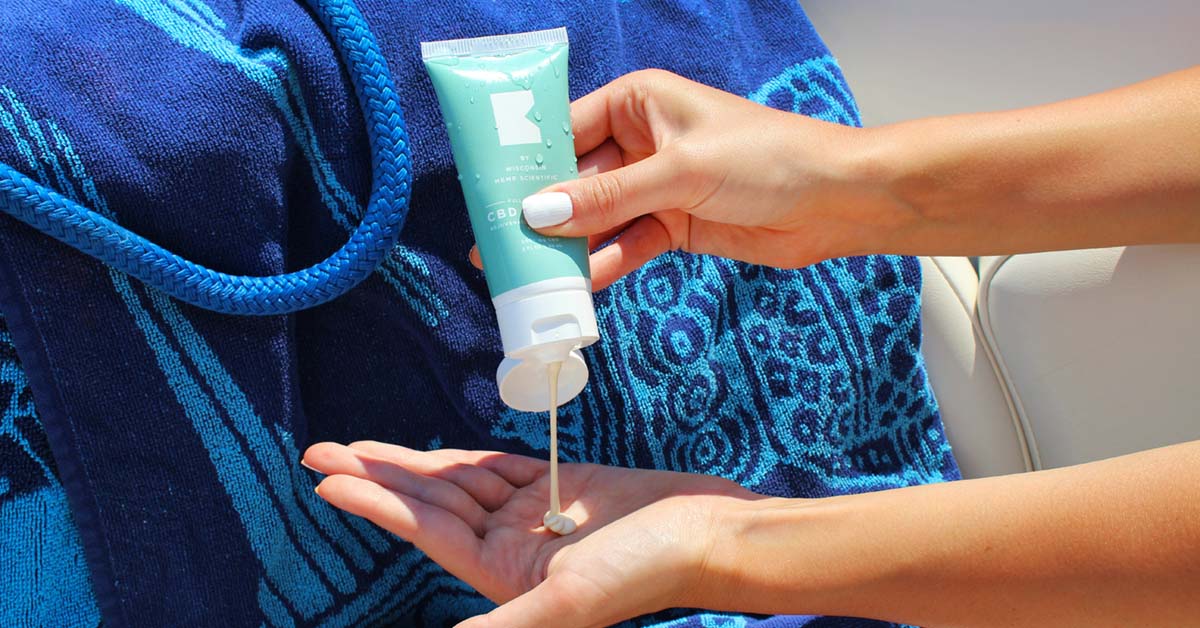Yes, sunscreen does expire! Like food or medicine, sunscreen has an expiration date, and using it past that date can make it less effective at protecting your skin from harmful UV rays. Expired sunscreen may not provide the sun protection you need, increasing your risk of sunburn, premature aging, and skin cancer.
How Long Does Sunscreen Last?
Most sunscreens have an expiration date printed on the bottle, usually around three years from the manufacturing date. If you can’t find an expiration date, follow these general guidelines:
Unopened vs. Opened Sunscreen
- Unopened Sunscreen: Lasts up to three years if stored properly.
- Opened Sunscreen: Best used within one year for maximum effectiveness.
- Mineral Sunscreens (with Zinc Oxide or Titanium Dioxide): Tend to last longer than chemical sunscreens but should still be checked for changes in texture or smell.
How to Tell If Sunscreen Is Expired
If there’s no visible expiration date, look for these signs:
Signs of Expired Sunscreen
- Changes in Texture: Clumpy, watery, or grainy sunscreen is a red flag.
- Odd Smell: A sour or rancid scent means the formula has broken down.
- Separation: If the ingredients separate and don’t mix when shaken, it’s time to toss it.
- Color Changes: If it looks different than when you first bought it, don’t risk using it.
What Happens If You Use Expired Sunscreen?
Expired sunscreen won’t protect your skin properly. It may:
Risks of Using Expired Sunscreen
- Lose its SPF strength, leaving you vulnerable to sunburn.
- Become ineffective against UVA and UVB rays, increasing the risk of skin damage.
- Cause skin irritation, breakouts, or allergic reactions due to degraded ingredients.
Can You Extend the Life of Your Sunscreen?
While you can’t stop sunscreen from expiring, proper storage can help maintain its effectiveness longer:
Best Practices for Storage
- Keep It Cool: Store sunscreen in a cool, dry place (below 77°F/25°C) and avoid direct sunlight.
- Avoid Heat Exposure: Don’t leave sunscreen in a hot car or in direct sunlight, as heat can break down active ingredients.
- Close the Cap Tightly: Air exposure can cause oxidation, reducing the product’s effectiveness.
What to Do with Expired Sunscreen?
If your sunscreen is expired, don’t use it on your skin. Instead:
Alternative Uses for Expired Sunscreen
- Use It for Other Purposes: Expired sunscreen can still work as a moisturizer for non-sun-exposed areas or a polish for leather shoes.
- Dispose of It Properly: Check local disposal guidelines to avoid harming the environment.
How to Make Sunscreen Last Longer
- Buy only what you need, especially if you don’t use sunscreen daily.
- Write the purchase date on the bottle so you remember when you got it.
- Choose travel-sized bottles if you don’t use sunscreen frequently.
Final Thoughts: Don’t Risk It!
Sunscreen is your best defense against sun damage, but only if it’s fresh and effective. Always check the expiration date, store it properly, and replace it when needed. When in doubt, throw it out! Your skin’s health is worth it.
Frequently Asked Questions
Can expired sunscreen cause a rash?
Yes, expired sunscreen can cause irritation, redness, or breakouts due to ingredient degradation.
Is it okay to use expired sunscreen in an emergency?
If it’s your only option, expired sunscreen may provide some protection, but it’s not reliable. It’s always better to use fresh sunscreen.
Do all sunscreens have an expiration date?
Most do, but if yours doesn’t, assume it lasts about three years if unopened.
Does organic or natural sunscreen expire faster?
Yes, natural sunscreens often lack preservatives, so they can expire sooner. Always check the texture and smell before using.
By following these tips, you’ll ensure you’re always protected from the sun while making the most of your sunscreen. Stay safe and keep your skin healthy!


